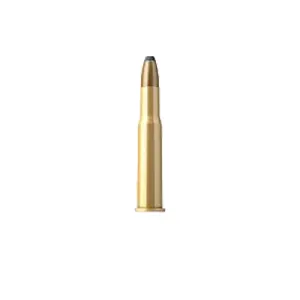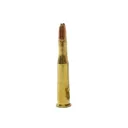Head to Head Comparison


0 Reviews
0 Reviews

0 Reviews
0 Reviews


0 Reviews
0 Reviews

0 Reviews
0 Reviews
MSRP:
$21.90Used Price:
$21.90New Price:
$24.33MSRP:
$40.76Used Price:
$40.76New Price:
$45.29Height
2.04
1.92
Average FPS
2373
2120
Average Grain
151
188
Average Energy
1888
1876
Recoil
1.60
1.87
Ballistic Coefficient
225.45
190.75


.25-35 Winchester vs .30-30 Winchester


.270 Winchester vs .30-30 Winchester


.30-30 Winchester vs .32 Winchester Special


.30-30 Winchester vs .307 Winchester


.30-30 Winchester vs .32-20 Winchester


.30-30 Winchester vs .356 Winchester


.30-30 Winchester vs .38-55 Winchester


.30-30 Winchester vs 7-30 Waters


.30-30 Winchester vs .444 Marlin